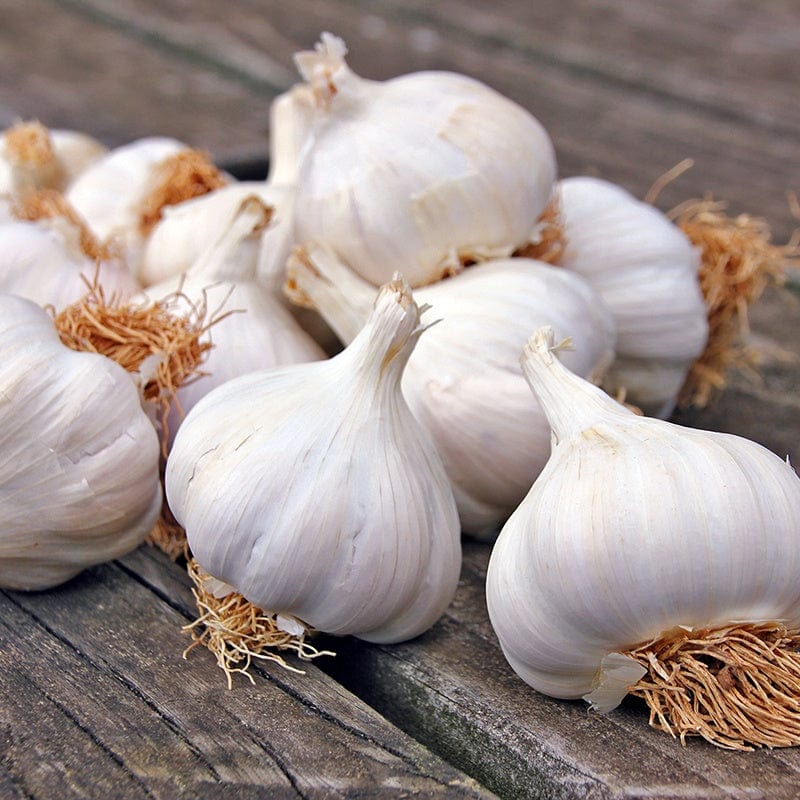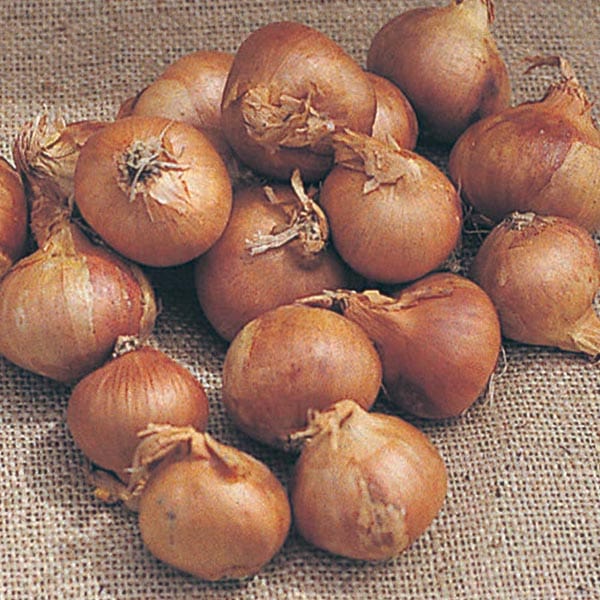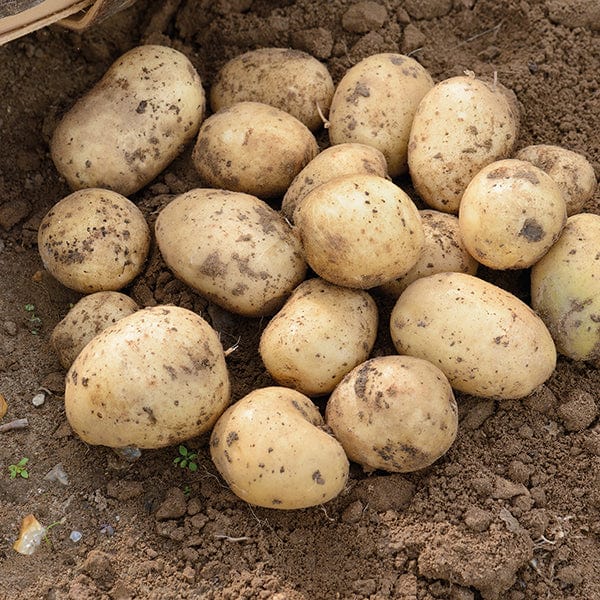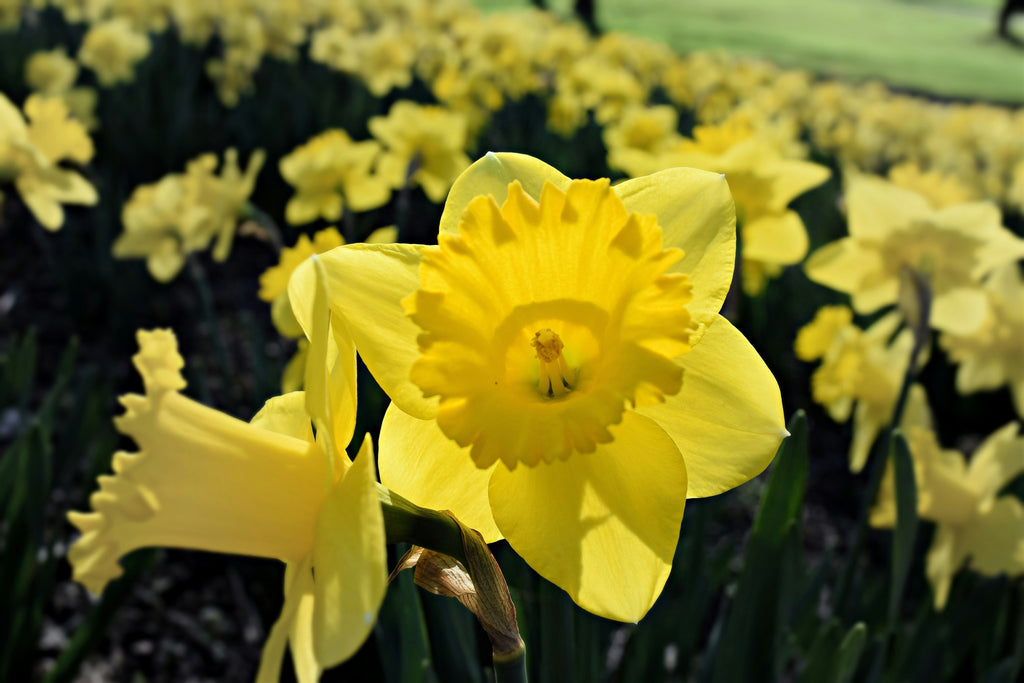Introduction to Alliums:
Planting & Harvesting
- Sow Indoors
- Sow/Plant Outside
- Flowers/Harvest
Soil Preparation

Free Delivery On Orders Over £40

Free Delivery On Orders Over £40

Free Delivery On Orders Over £40

Free Delivery On Orders Over £40

Free Delivery On Orders Over £40

Free Delivery On Orders Over £40

Free Delivery On Orders Over £40

Item added to bag!
Your Basket
Our Spring 2026 Range Is Here!
4 For 3 On ALL Seeds
Our Spring 2026 Range Is Here!
4 For 3 On ALL Seeds
Our Spring 2026 Range Is Here!
4 For 3 On ALL Seeds
Our Spring 2026 Range Is Here!
4 For 3 On ALL Seeds
Our Spring 2026 Range Is Here!
4 For 3 On ALL Seeds
Our Spring 2026 Range Is Here!
4 For 3 On ALL Seeds
Our Spring 2026 Range Is Here!
4 For 3 On ALL Seeds
Our Spring 2026 Range Is Here!
4 For 3 On ALL Seeds
Our Spring 2026 Range Is Here!
4 For 3 On ALL Seeds
Our Spring 2026 Range Is Here!
4 For 3 On ALL Seeds
Despatching This Week





Your basket is empty
Continue shoppingTax included and shipping calculated at checkout
Few plants bring such drama and elegance to the garden as alliums. Allium is the Latin name for the group of plants commonly known as onions, and there are actually over 700 different species, with many being ornamental; yet all are unmistakable thanks to the distinctive onion scent of their bulbs and leaves.
From the regal purple globes of ‘Purple Sensation’ to the delicate sky-blue clusters of Allium caeruleum, these striking blooms rise above neat rosettes of foliage in late spring, bridging the gap between early bulbs and summer perennials.
Alliums are also superb for wildlife, with their nectar-rich flowers attracting bees and other pollinators. They make excellent cut flowers, and a wide variety can be dried for long-lasting displays, with their seed heads providing structure through autumn and winter.
Generally easy to grow, alliums thrive in sunny, free-draining soil and return reliably year after year. Even edible types like chives, leeks, onions, and garlic will reward patience with beautiful flowering when left to bloom.
Well-drained soil is essential for alliums to thrive; otherwise, it can lead to the bulbs rotting in waterlogged conditions, particularly during the winter months. You can test your soil drainage by digging a 30cm hole, filling it with water, and checking if it drains within 6 hours. If you live in an area with heavy clay soil, work in some horticultural grit at a 1:3 ratio.
You can also plant allium bulbs in raised beds or containers with a 50:50 mix of compost and grit if drainage remains poor. When preparing your soil, ensure you incorporate well-rotted compost to provide nutrients.

Plant allium bulbs in a sunny position in autumn, ideally between September and November, to give them time to establish strong roots before winter. This time window is ideal, as cooler temperatures and autumn rains help bulbs develop strong root systems without triggering premature top growth. It also mirrors their natural growing cycle and ensures vigorous flowering the following spring.
For ‘Purple Sensation’ allium planting, we recommend early autumn (September-October) as ideal, as this popular variety benefits from a longer establishment period.
How to Grow Allium Bulbs: Planting Steps
Planting Allium Bulbs in Pots
Alliums thrive beautifully in containers, making them perfect for patio spaces or balconies. Use 30cm diameter containers with drainage holes and fill with 50:50 peat-free compost and horticultural grit. Plant at the same depth as borders. Water sparingly over winter, increasing as growth appears.
Alliums flower from late spring through early summer, with most ornamental alliums blooming between May and July, with the flowering season typically lasting 2-3 weeks.
Early bloomers like 'Purple Sensation' flower in May and June, mid-season varieties such as Allium sphaerocephalon appear in June, and late bloomers, including Allium caeruleum, extend the display into July. By selecting varieties with staggered bloom times, you can enjoy continuous allium flowers from May through July.
Variety
Height
Bloom time
Purple Sensation
75-90cm
May - June
Allium caeruleum
30-60cm
June – July
Allium sphaerocephalon
60-90cm
June
Allium giganteum
1.2 metres
May to June
Allium atropurpureum
60-90cm
May to June
Watering: Alliums are remarkably drought-tolerant once established, but they do need some water in hotter months, especially if in containers. Water during spring growth, especially as flower buds are forming. After flowering, reduce watering significantly and allow the foliage to die back naturally, as this allows the bulb to store energy for next year's display. Avoid watering dormant bulbs in heavy soil during winter; in containers, keep them just barely moist.
Feeding: While not heavy feeders, alliums benefit from feeding at key points in the season. Apply a balanced bulb fertiliser at planting to support root development. In spring, use a potash-rich fertiliser (such as tomato feed diluted to half-strength) for strong stems and vibrant colour. Feed once after flowering to help build reserves for the following year.
Deadheading: After flowering, leave the decorative seed heads in place for architectural winter interest or deadhead spent flowers to prevent self-seeding. Never cut foliage until it has fully yellowed, as the leaves feed the bulb for next year. Prematurely removing green foliage weakens the bulb’s energy for next year. Avoid the 'Chelsea Chop' technique on alliums; it's for herbaceous perennials, not bulbs.
Staking: Most alliums do not usually need staking, as their stems are naturally strong and self-supporting.
However, very tall varieties may flop in exposed, windy sites or on loose soil. In these situations, using bamboo canes or plant supports allows foliage to grow through them. Planting the bulbs deeply in full sun and in a reasonably sheltered spot greatly reduces the need for any staking at all.
Pests: The allium leaf miner is a significant pest to look out for. Signs include white or brown linear mines in leaves, distorted foliage, and bulb rot. Cover vulnerable alliums with fine mesh during peak fly activity (March-April, October-November). Remove affected leaves immediately, but don't compost them. Ornamental alliums are less susceptible than edible varieties, but it’s still good to keep an eye out!
Lift and divide every 3 years in late summer (July-August) after foliage has fully died off. Carefully dig around clumps, separate the bulbs, discard any damaged ones, and store them in cool, dry conditions until autumn replanting.
Alliums are the ultimate low-maintenance spring bulbs for autumn planting, and these architectural beauties will reward you with years of beautiful flowers, pollinator support, and winter structure.
Explore our allium bulbs collection and for more inspiration, why not try planting a bulb lasagne.
At Fothergill's, we’ve spent decades sourcing and trialling the finest flower bulbs to ensure your garden bursts into life at the first sign of spring. Whether you’re planting your first handful for a patio pot or adding dramatic height to a border, we’re here with the best allium varieties, expert gardening advice, and all the tools you need to succeed. Browse our complete allium range, shop horticultural grit and bulb planters, and join our growing community for seasonal tips and inspiration.
Happy planting!
Sign-up to our Newsletter


